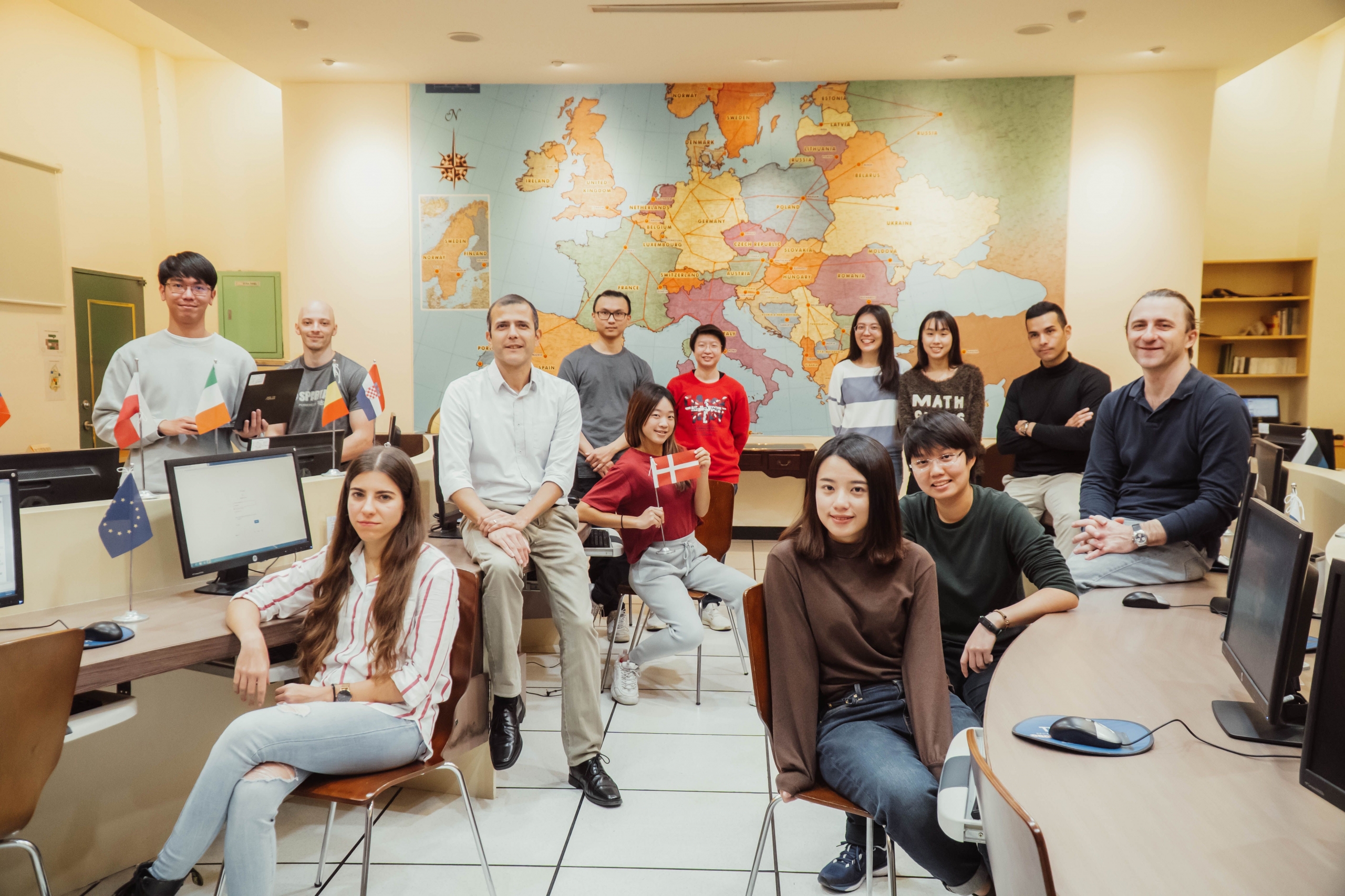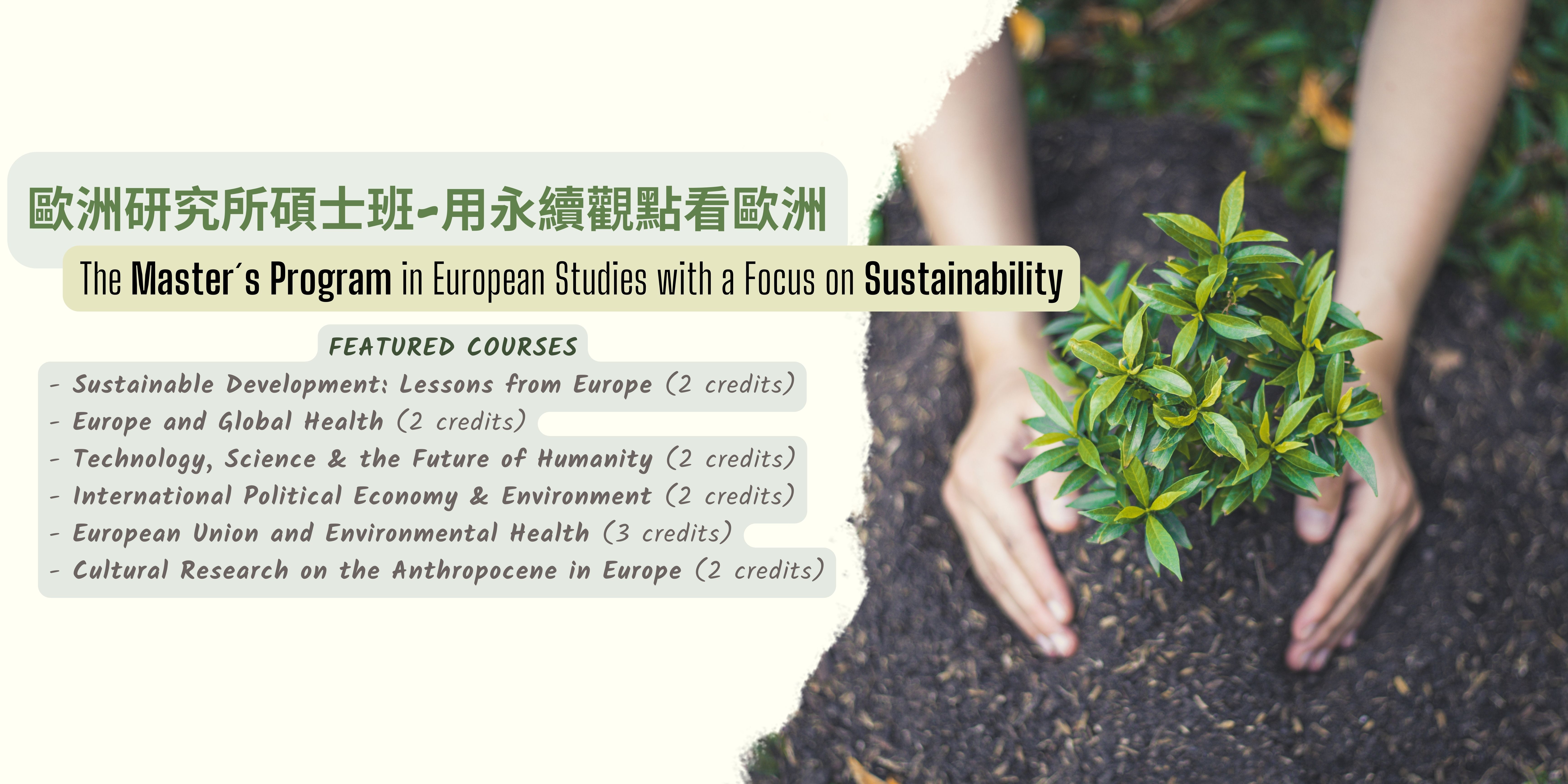分類清單list
Graduate Institute of European Studies
The Graduate Institute of European Studies (GIES) was established in 2016 as an independent institute located in the College of European and Asian Languages of Wenzao Ursuline University, Kaohsiung City. It is the only European Studies Institute in Taiwan with a distinct focus on Europe and Sustainability.
The Master´s program in European Studies aims to develop professionals with expertise in various European affairs and focuses on contemporary pan-European and European Union affairs, covering European politics, economy, social developments, public health, environment, education, and culture.
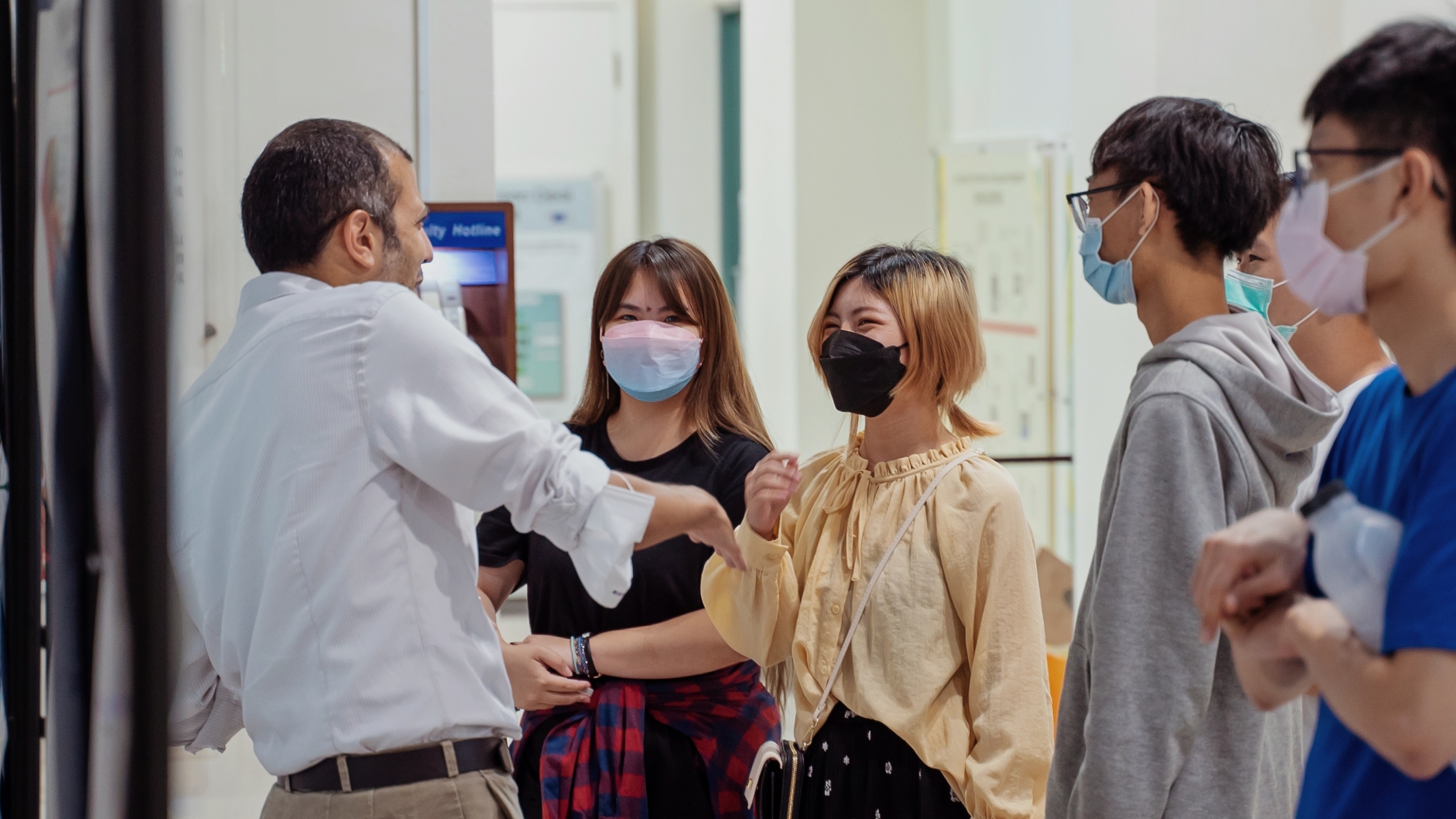
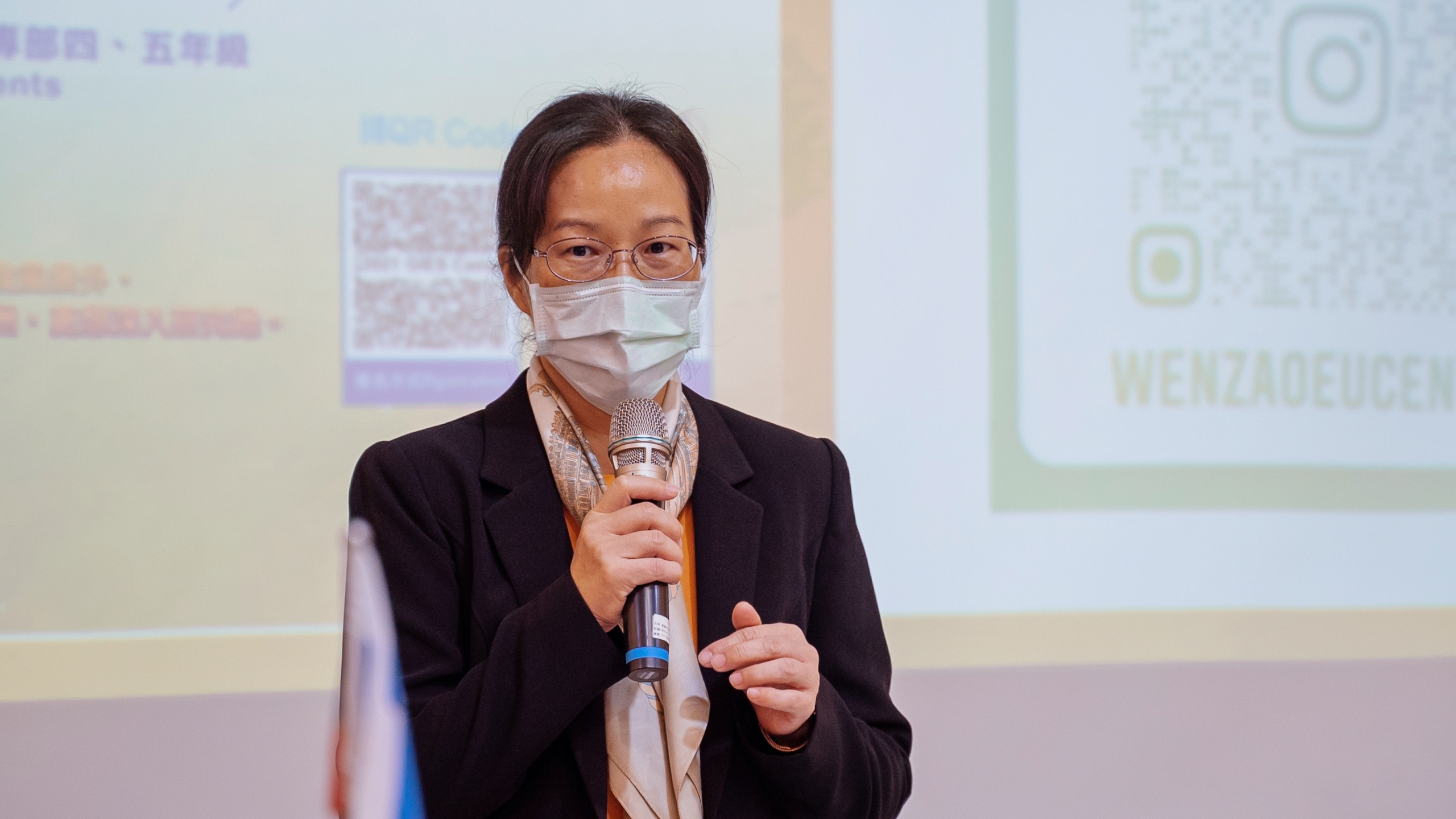
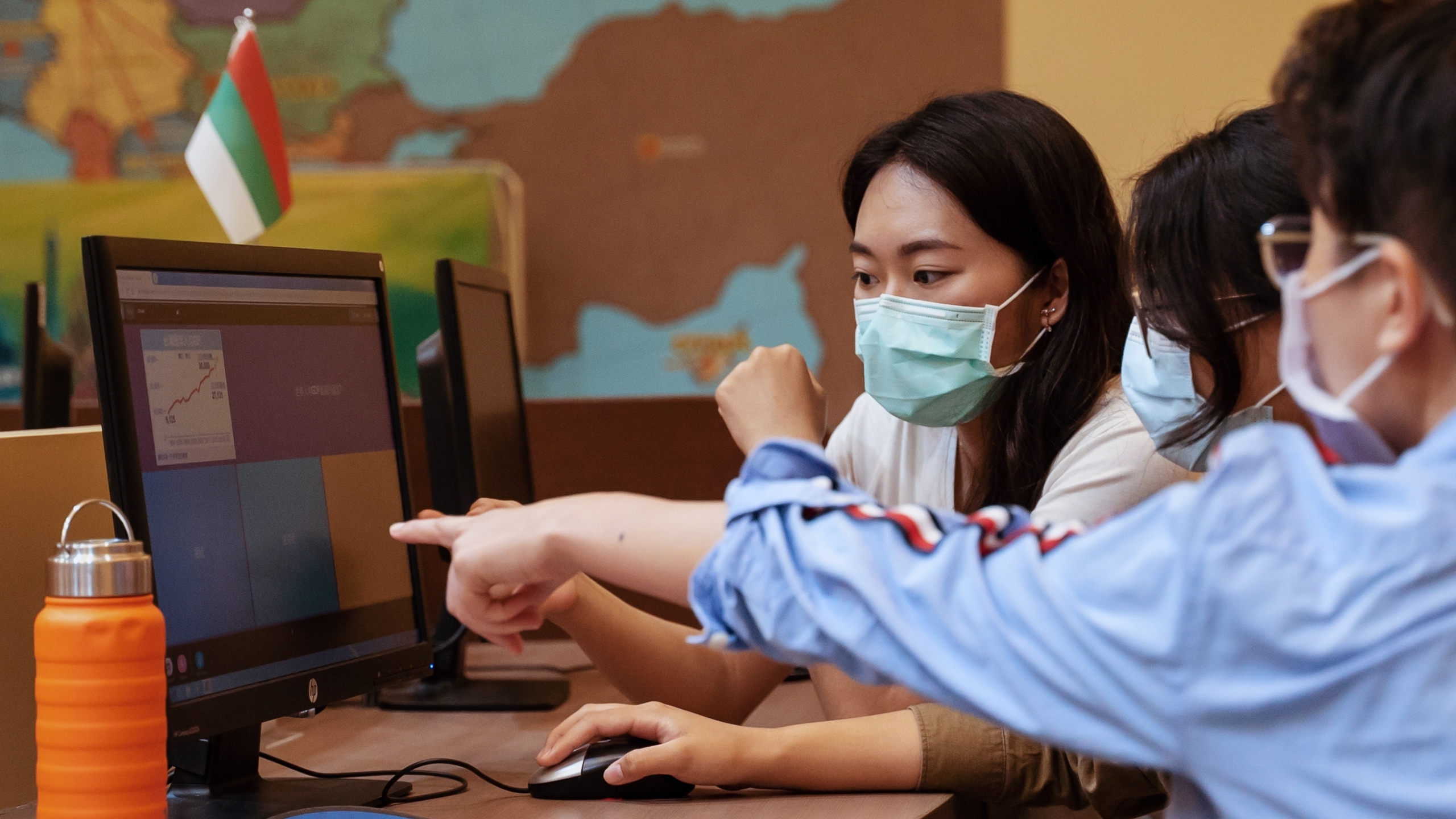
In 2019, the European Studies institutes received funding from the EU for a Jean Monnet Module on Environmental Health in Europe.
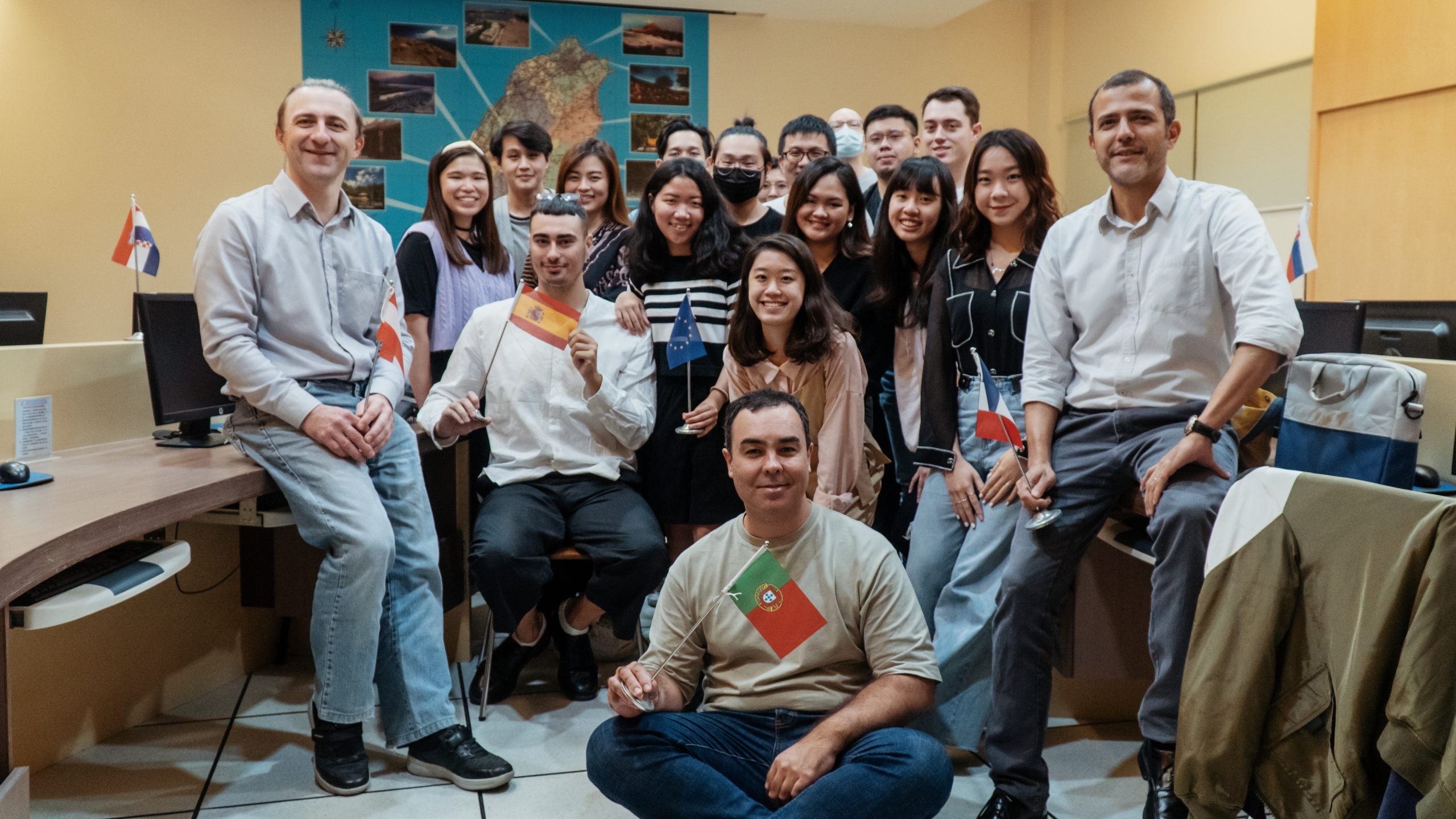
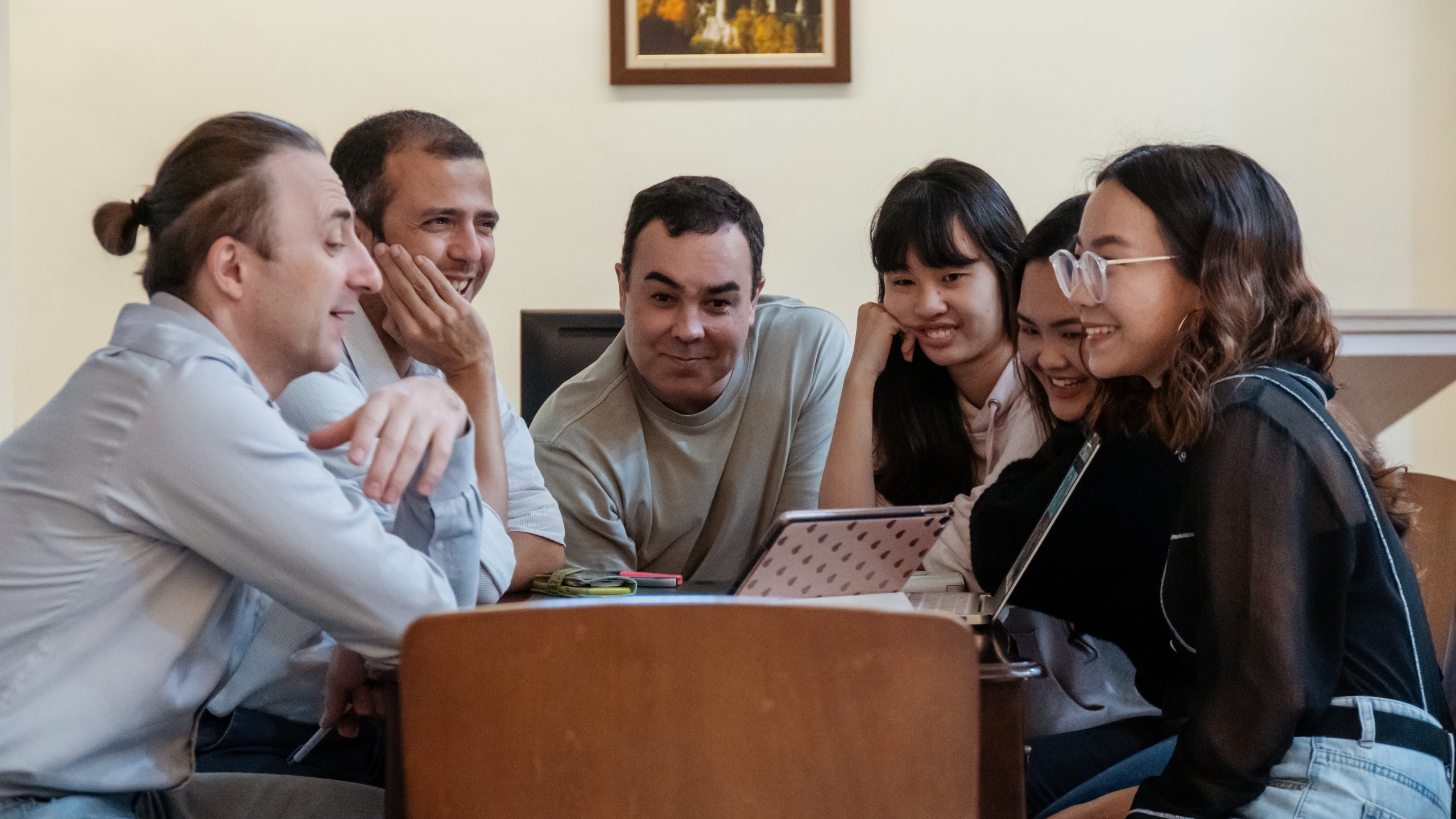
The institute consists of five core faculty and its adjunct faculty, all experts on European affairs or European Union Studies and well-known scholars. Furthermore, guest speakers from all around the world are invited to give speeches and hold seminars for students to expand their international perspectives and improve their understanding of European issues.
Annually, the institute organizes its international Wenzao European Forum to discuss the most recent developments and provide a platform for academic discussion.
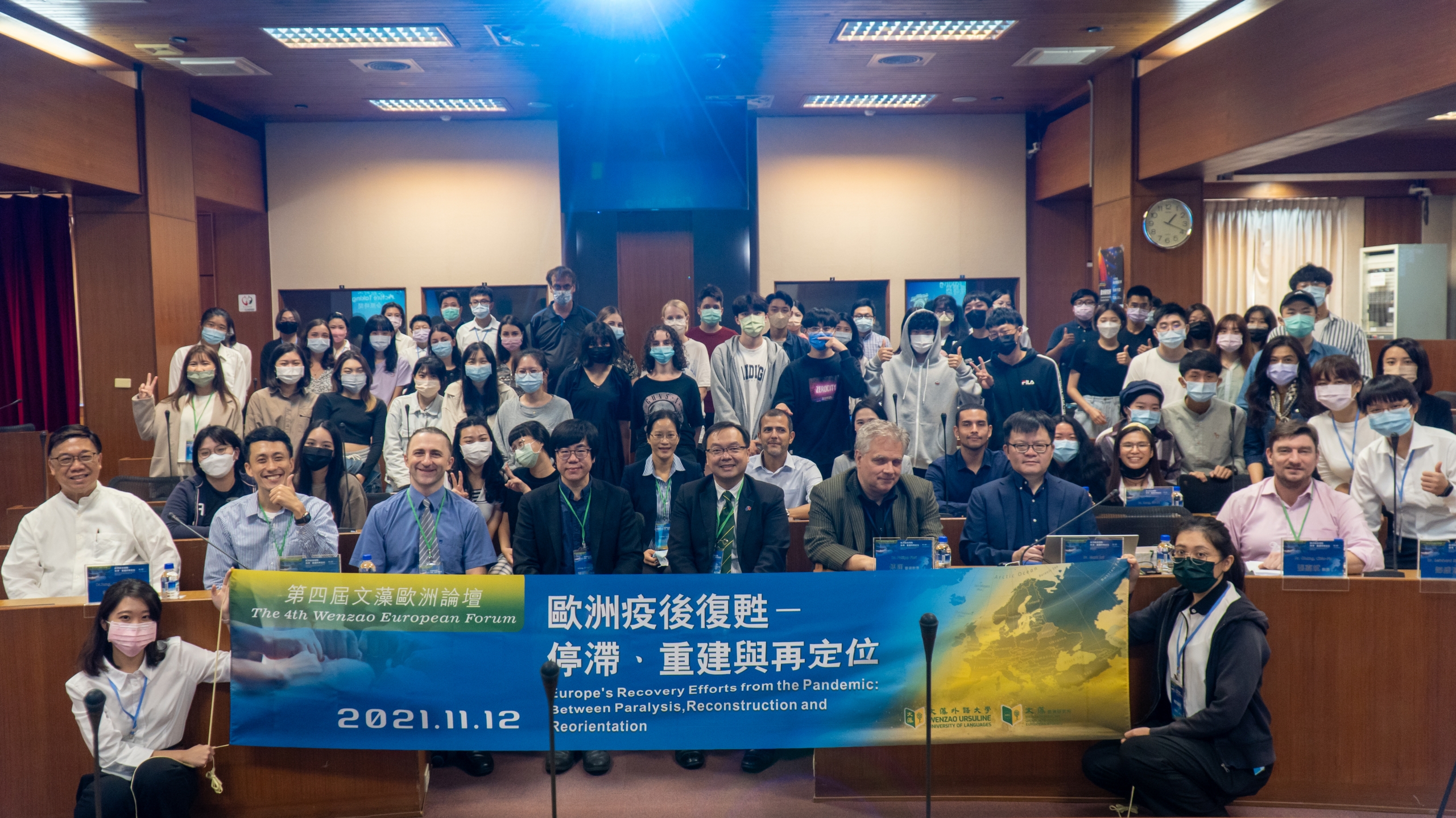
Over the years, the relationship between European countries and Taiwan has grown and exchange has intensified. European countries are not only a strong partner for Taiwan in terms of economy, trade, research, and investment but they also share the same values.
Exploring the developments in Europe and Taiwan is a key focus of the Master´s program. The European Studies program strengthens the academic exchange between the two regions and develops talents with solid knowledge and expertise in European-related issues, much needed in Taiwan´s public and private sectors.
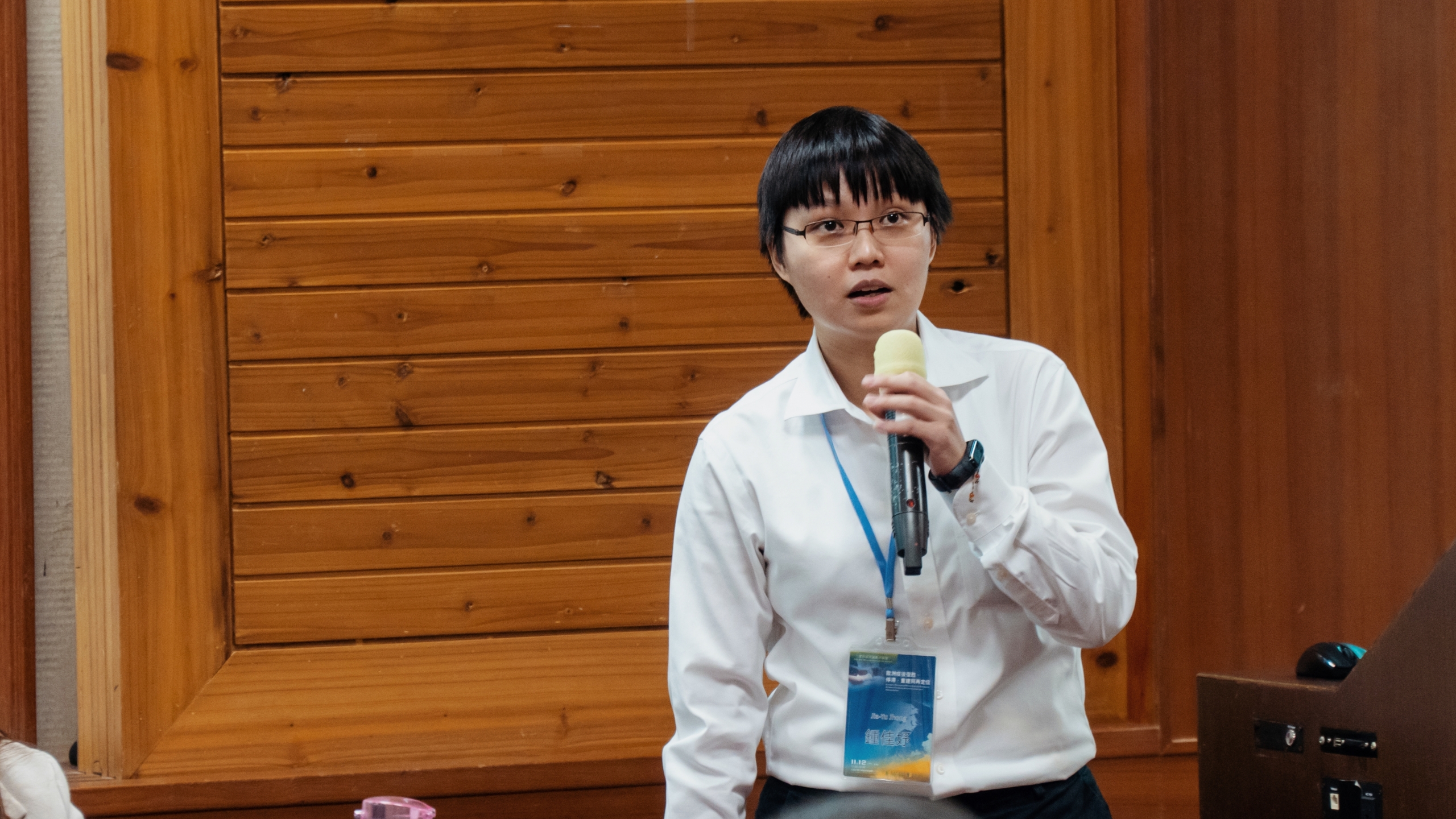
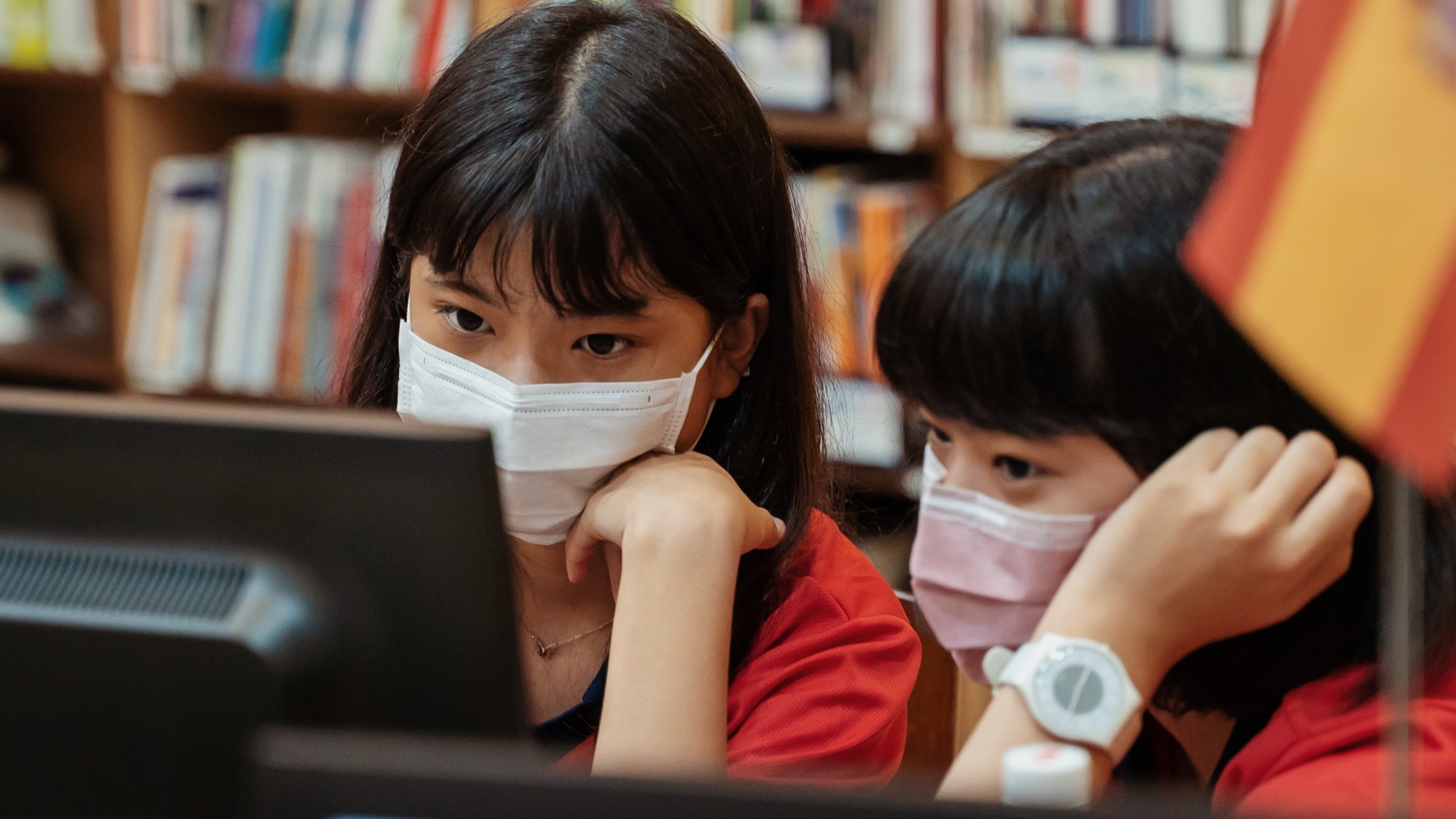
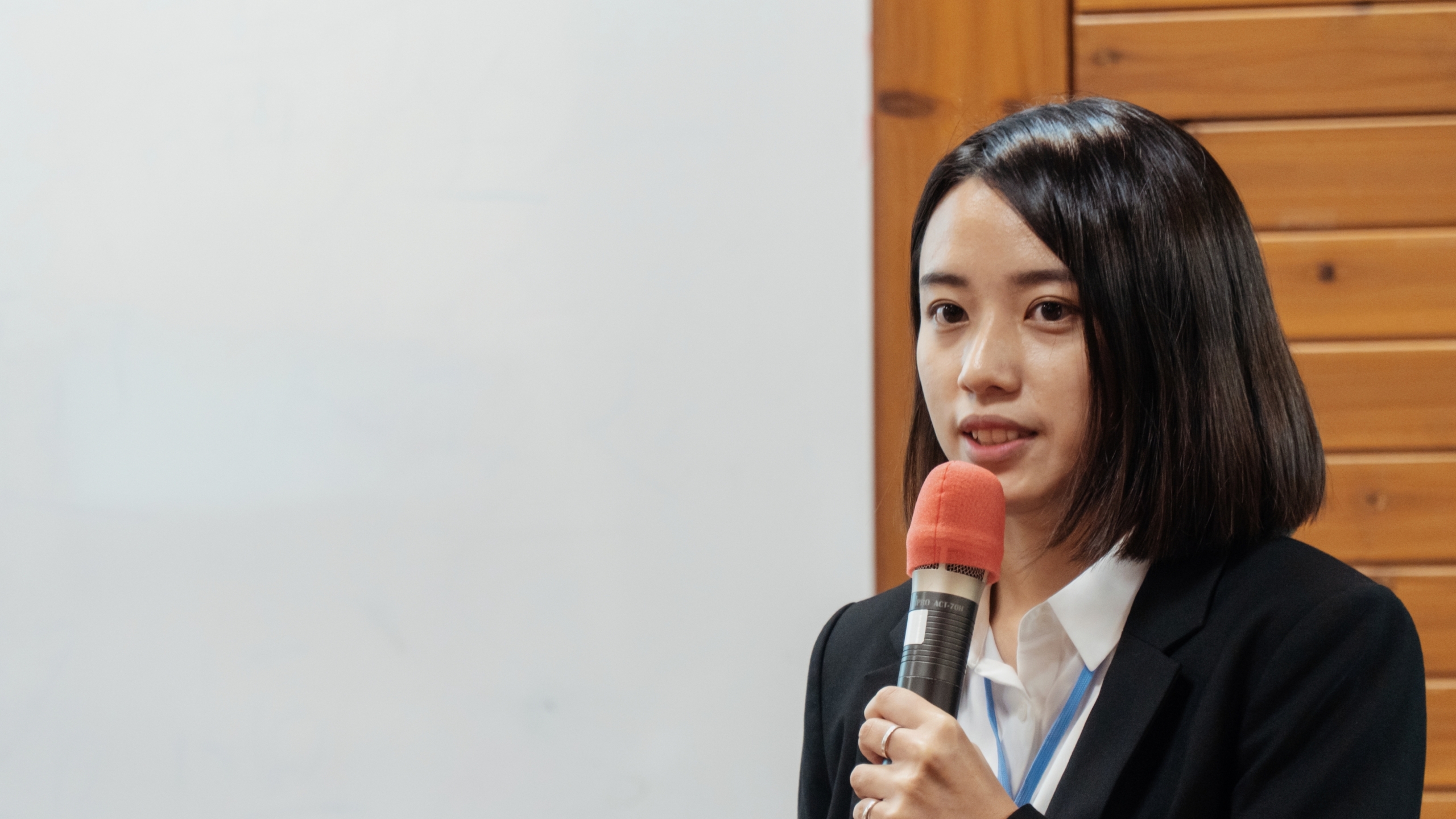
DEVELOPMENTAL CHARACTERISTICS
This institute equally stresses academic aspects, teaching, and professional development.
Teaching
- Our courses are designed to deepen the knowledge of contemporary political, economic, social, and cultural developments in European countries and focus on establishing linkages between Europe, Taiwan, and the region. To expand the scope of the program, we invite guest speakers to deliver speeches on various issues.
- Our institute emphasizes individual counseling for our Master´s students based on a mentorship program.
- Our curriculum balances between theoretical and practical perspectives, encouring students to take internship positions during their studies.
FEATURED COURSES: Europe & Sustainability

Research
- continues to deepen its research capabilities on Europe and the European Union in the fields of contemporary politics, economics, society, cultures, and education. The institute seeks to establish links to international partners in Europe and also in the region.
- represents the only European Studies institute in Taiwan with a distinct focus on sustainability, conducting research on European and European Union affairs, and inspiring young talents to enter the field of European studies
- provides an excellent and resource-rich academic environment
Objectives
- To deepen students´ expertise in European and European Union affairs
- To train research skills and apply them in the field of European Studies
- To train problem-solving skills as well as promote critical thinking
- To strengthen European language-speaking and cross-cultural communication skills
- To promote international mobility for (incoming and outgoing) students
SKILLS ACQUIRED
- Professional expertise on EU and pan-European political, economic, legal, societal affairs
- Academic research skills
- Critical thinking skills
- Evaluating and analyzing skills
- Cultural communication skills
- Innovative thinking and creative thinking
- Problem-solving skills
CAREER PROSPECTS
After graduation, you may have a wide spectrum of career options:
- Government offices (Ministry of Foreign Affairs, Ministry of Economic Affairs, Ministry of Culture, Overseas Community Affairs Council, Tourism Bureau, etc.)
- Foreign representative offices in Taiwan
- Taiwan representative offices in European countries
- NGOs, social enterprises, educational foundations, social organizations
- Think tanks
- Private sector (local tech companies, trading companies, multinational companies) with links to Europe
- Continue your studies for a doctoral degree (PhD)
